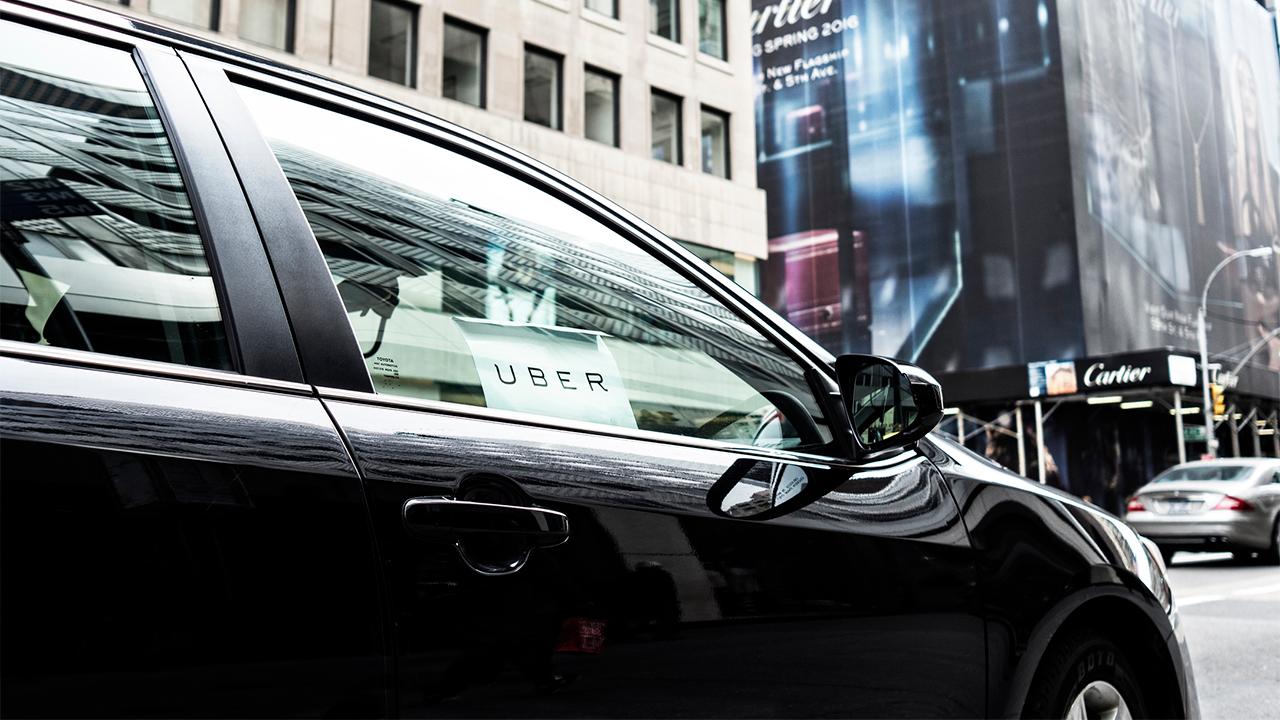Uber, Lyft would owe California $413M in unemployment taxes if drivers were treated like employees, report says
Thousands of unemployed gig workers in California became eligible at the end of April to file for unemployment benefits
Get all the latest news on coronavirus and more delivered daily to your inbox. Sign up here.
If Uber and Lyft treated their drivers as employees rather than contractors, the two companies would owe California $413 million in unemployment insurance contributions, according to a new report.
Thousands of unemployed gig workers in California became eligible at the end of April to file for unemployment benefits. Applicants initially received the minimum benefit amount of $167 a week and the additional $600 a week benefit established by the massive $2.2 trillion CARES Act passed by Congress at the end of March.
| Ticker | Security | Last | Change | Change % |
|---|---|---|---|---|
| UBER | UBER TECHNOLOGIES INC. | 73.91 | -0.86 | -1.15% |
| LYFT | LYFT INC. | 16.61 | +0.15 | +0.91% |
But taxpayers across the country will be covering the cost of their unemployment insurance.
The University of California Berkeley report found that because Uber and Lyft classify their drivers as contractors -- rather than full-time employees -- the San Francisco-based companies have not been paying into the state's unemployment fund.
HOW DO UNEMPLOYMENT TAXES WORK?
Business owners have multiple unemployment tax obligations, including to the state (known as the State Unemployment Tax Act, or SUTA). In California, the tax rate for new employers is 3.4 percent of the first $7,000 paid to workers annually.
If the companies had been paying into the unemployment fund, they would have contributed $413 million between 2014 and 2019, the report concluded.
UBER, LYFT, DOORDASH CONSIDER CORONAVIRUS FUND FOR QUARANTINED DRIVERS
“This study ignores basic economics in an effort to achieve a predetermined conclusion that serves a political agenda, and its assumptions are wildly off," a Lyft spokesperson told FOX Business. "For starters, in this hypothetical reality, everyone who has chosen to drive for Lyft would have been hired by Lyft as an employee. As we’ve repeatedly said, that wouldn’t happen in the real world — instead, many, many Californians would lose the opportunity to earn by driving with Lyft.”
Uber did not immediately respond to a request for comment.
CORONAVIRUS LEADS UBER TO OFFER 10M FREE RIDES, DELIVERIES FOR THOSE IN NEED
The ride-sharing companies have been fighting with California over the passage of the state's AB-5 gig-worker law, which went into effect at the beginning of January. Under the law, Uber and Lyft were supposed to treat more of their workforce like employees, rather than contract workers.
Last week, the state sued Uber and Lyft, saying they had misclassified their drivers as independent contractors under AB-5 and arguing they'd pushed the financial burden onto taxpayers as their drivers collect unemployment benefits, although the companies have not paid into those funds.




















